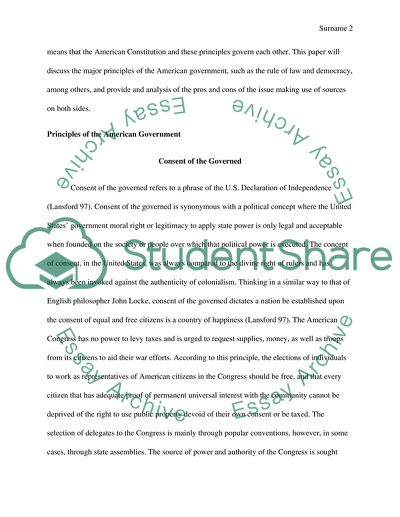Cite this document
(Fundamental Principles of American Government Term Paper, n.d.)
Fundamental Principles of American Government Term Paper. Retrieved from https://studentshare.org/politics/1624363-the-american-government-its-principles
Fundamental Principles of American Government Term Paper. Retrieved from https://studentshare.org/politics/1624363-the-american-government-its-principles
(Fundamental Principles of American Government Term Paper)
Fundamental Principles of American Government Term Paper. https://studentshare.org/politics/1624363-the-american-government-its-principles.
Fundamental Principles of American Government Term Paper. https://studentshare.org/politics/1624363-the-american-government-its-principles.
“Fundamental Principles of American Government Term Paper”. https://studentshare.org/politics/1624363-the-american-government-its-principles.


